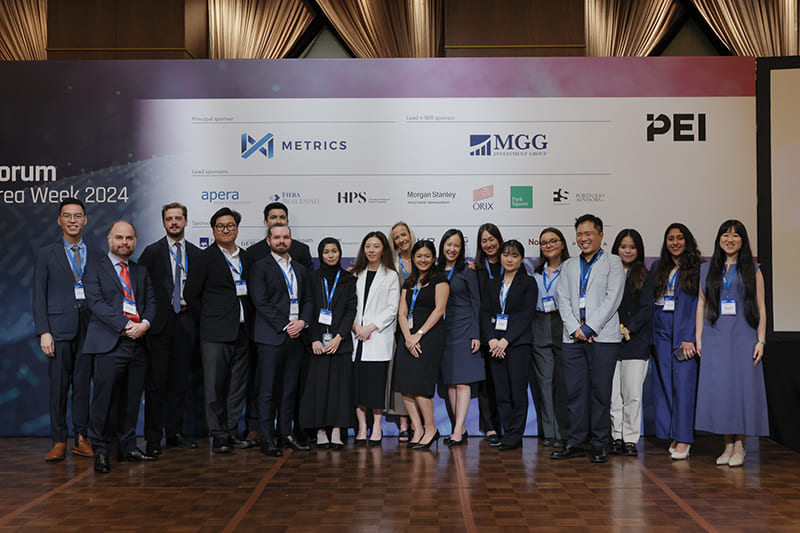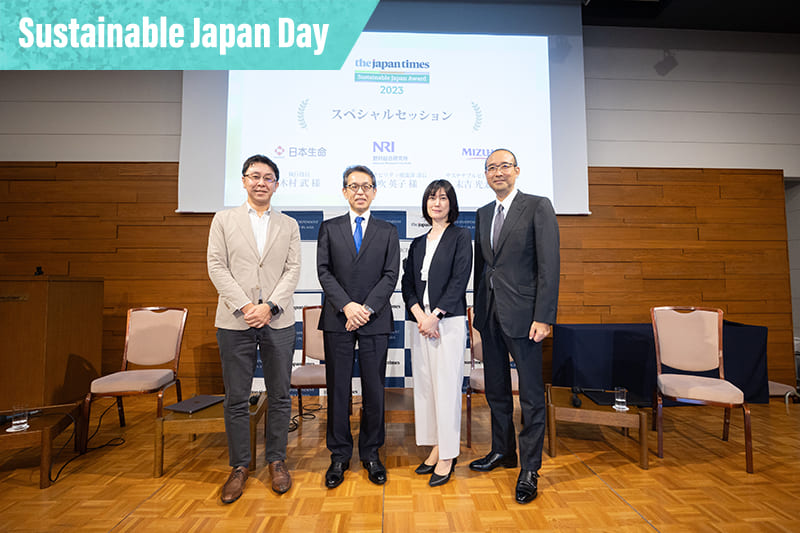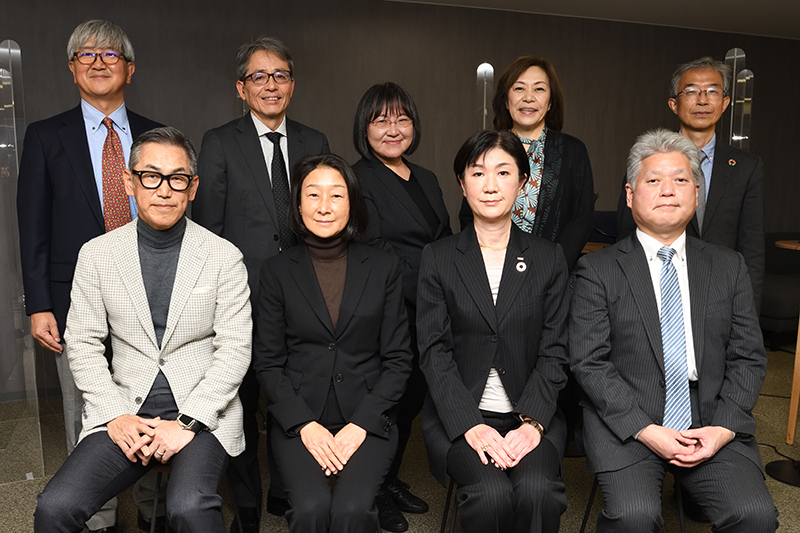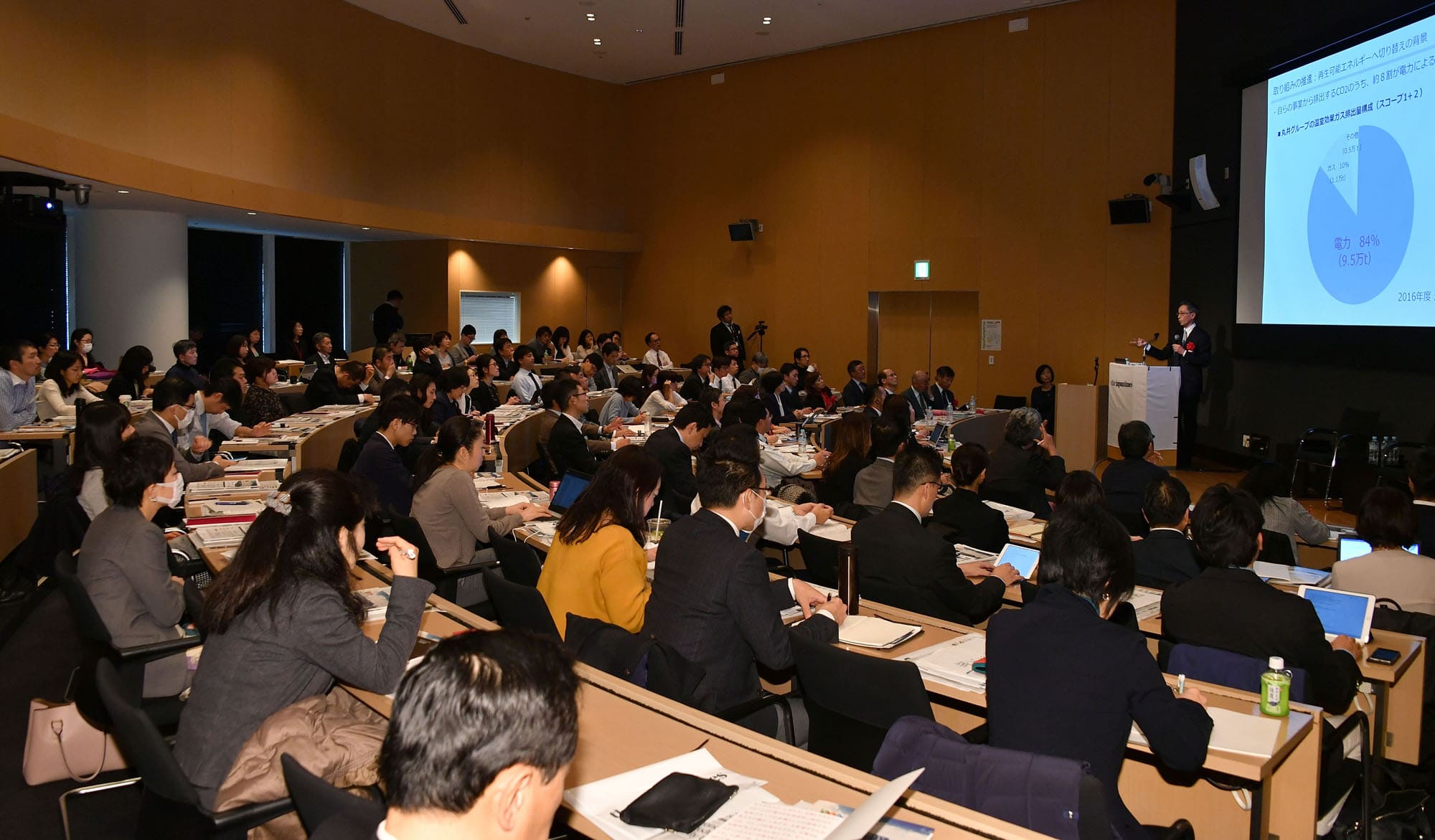December 29, 2023
Stock market operator JPX sees growth and positive change in 2024
SPONSORED CONTENT
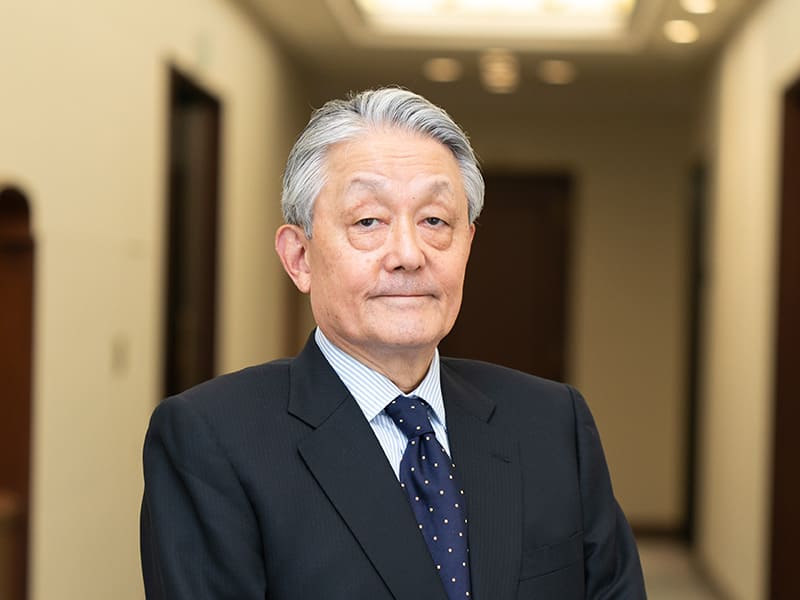
Amid economic and geopolitical uncertainty, 2024 will be the critical year for seeing whether the Japanese financial market’s evolutionary momentum can sustain itself, the head of stock market operator JPX said. “The Japanese market is finally facing the time for changing,” said Hiromi Yamaji, CEO for Japan Exchange Group Inc., which operates the Tokyo Stock Exchange and the Osaka Exchange at its core.
With the economy slowly rising out of its two-decade-long deflation quagmire and a series of corporations expecting record profits for this business year through March, partly assisted by the lower yen against the dollar, Yamaji said an increasing number of domestic and overseas investors are focusing on the potential for growth again. “The next focus is how we can maintain this momentum,” he said.
He said the Japanese stock market has several points that can attract investors. Japan operates under the rule of law and has the world’s third-largest economy and a significant market size. The market has high liquidity, supported by reliable financial regulations and political stability. “Investors feel quite a strong sense of security over investing in the democratic country,” he said.
Deflation, a pain in the neck for the economy, is expected to end due to rising energy and commodity prices. As the population declines, Japan’s shortage of workers is increasing the demand for labor, which will likely lead to mild inflation. Higher demand will also be shored up by Japanese companies’ plans to invest record amounts on automation and the green and digital transformations, as well as shift parts of their supply chains from China to Japan, Yamaji said.
He said JPX faces tasks related to backing the changing business environment and inviting global money. The first one is to maintain the quality and the quantity of listed companies on the exchange. The second is to attract a large number and wide range of investors to maintain the market’s liquidity. Last is to provide a user-friendly trading system with high security and convenience.

“We have to keep on brushing up on these three points to always remain competitive against stock exchanges around the world,” Yamaji said.
JPX also aims to retain a top status among Asia’s stock exchanges. A positive sign is that some Asian companies are interested in debuting on the Tokyo Stock Exchange.
“Ambitious startups directly go to Nasdaq, but there are some who want to use the Japanese market as an incubator for their growth before tapping Nasdaq,” the CEO said. Currently, about 20 Asian firms are intrigued by opportunities for an initial public offering in Tokyo, he added.
JPX aims to draw overseas companies that have business relationships with the Japanese market or companies, so that they can continue to trade in Tokyo for a long time.
In Asia, JPX makes appeals to companies through meetings and by exchanging information with startups, venture funds, lawyers, accountants and brokerage firms, he said.
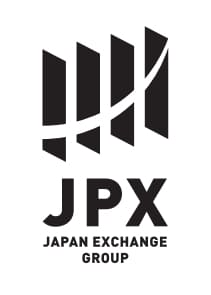
At home, the stock exchange operator is carrying out market restructuring. In April 2022, JPX announced it would change its market segments from the first and second sections plus the Mothers market and the Jasdaq’s Growth and Standard markets to the new Prime, Standard and Growth markets.
“My basic message is we will make a [solid] base for the market so we can win high support from investors at home and abroad,” Yamaji continued. “That was not the end of the reforms, but the start of them, and we will continue to do them.”
The reform prompted listed companies to reconsider their growth strategies and see if they wanted to comply with the stricter corporate governance and disclosure requirements for moving to the Prime market. As a result, out of the 2,200 firms listed on the former first section, fewer than 1,700 moved to the Prime market, with more than 500 deciding to shift to the Standard market. At the same time, some companies decided to go private by conducting management buyouts.
Also, JPX requested companies to improve their capital efficiency and be attentive to their share prices. In July 2022, JPX said 43% of Topix 500 companies had a price-to-book ratio of below 1.0, compared to 5% of S&P 500 companies in the United States and 24% of Europe’s Stoxx 600.JPX has held roadshows in New York, London and Singapore to attract investors. “Quite a lot of overseas investors feel Japan is about to change,” Yamaji said. He added that not only those who are planning to newly invest in Asia, but also those who invested in China and are now reallocating their money to other parts of Asia due to geopolitical risks are putting Japan at the top of their investing priorities.

